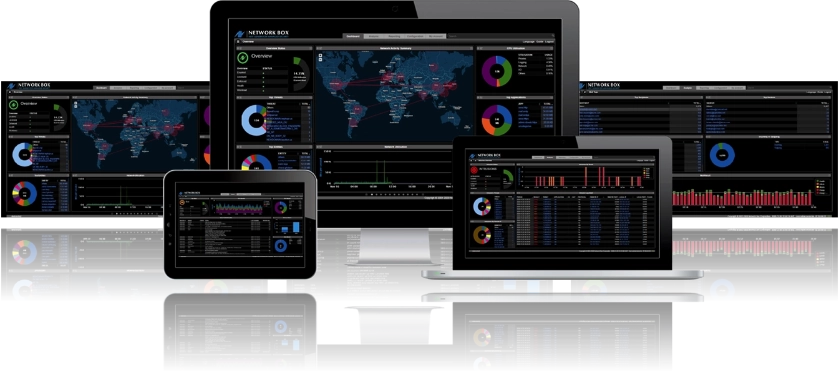
March 2025
Cybersecurity Imperatives for the Legal Profession
Law firms are digital powerhouses. Inside every practice, computers process case files, servers store confidential records, and vast amounts of client information flow through connected systems day and night. This technology has made law practices faster and more efficient, but it has also opened the door to a new class of threats that can strike silently and devastate operations in an instant.
The Legal Sector: A High-Value Target
Today, cybercriminals see law firms as treasure chests of confidential data. Each practice holds sensitive information about clients, contracts, mergers, litigation, and personal records. These digital vaults have become irresistible to hackers.
The tools of crime have evolved. Malware, phishing campaigns, and ransomware have replaced physical break-ins. When a ransomware attack strikes, an entire law firm can be frozen in place. Systems lock up, client files disappear, and even backup data may be destroyed or encrypted before the attack is detected.
Imagine having to tell your clients that their information has been stolen and published on the dark web, while your firm is unable to function. That nightmare has already happened to many.
Confidentiality Is Not Optional
The duty of confidentiality is at the heart of legal ethics. It extends to every document, email, and message a law firm handles, and it persists indefinitely—even after a client’s death.
Information security guidelines exist to help lawyers uphold this duty. They are not theoretical best practices; they are essential safeguards that protect the integrity of the legal profession itself. Many countries also enforce data protection and privacy regulations that legally require firms to secure client data. Compliance is not only a moral obligation but a legal one.
Turning Principles into Practice
Strong cybersecurity begins with awareness and assessment. Law firms should regularly perform security risk assessments to identify vulnerabilities before attackers can exploit them. These assessments feed into a comprehensive information security policy that governs how data is stored, shared, and protected across the entire firm.
Hackers often exploit the simplest weaknesses: outdated software, weak passwords, misconfigured devices, or unprotected remote access. In fact, many law firms operate with weaker cybersecurity than their own clients. That imbalance must change. Ignorance of cybersecurity is no excuse when confidential data is at stake.
Firms should benchmark their defenses against international standards in Quality Management, IT Security Management, and Risk Management. At minimum, quarterly risk reviews and weekly attack surface scans are recommended to detect and correct vulnerabilities before they are used against you.
The Expanding Threat Landscape
In the past, a lawyer’s biggest concern might have been someone physically stealing a file. Now, that threat can come from halfway around the world through the most unexpected devices.
Every “smart” tool—phones, TVs, printers, cameras, photocopiers, even projectors—can be a potential entry point. If a device connects to your network, a hacker can use it. Once inside, the attacker can move laterally, exfiltrate files, or install malware that compromises your entire system.
The Internet of Things has made security everyone’s responsibility, not just IT’s.
Building a Culture of Security
Protecting client information requires more than technology. It takes people, policies, and consistent discipline. Law firms should assign clear cybersecurity roles, conduct regular employee training, and establish an incident response plan that everyone understands.
“Red Teaming” exercises, where cybersecurity professionals simulate real-world attacks, can reveal weaknesses that normal audits might miss. Just as physical security teams test locks and alarms, cyber teams test firewalls, intrusion prevention systems, and malware defenses to ensure they hold up against actual threats.
Ten Essential Cybersecurity Practices for Law Firms
Properly configured firewalls that are constantly updated and monitored.
Real-time anti-malware protection to defend against ransomware and evolving threats.
Policy controls to ensure compliance with internal and external security standards.
Virtual patching to close vulnerabilities at the gateway before attackers find them.
Secure VPN connections for all communications between staff, whether in the office or traveling abroad.
Protection for Internet of Things devices including printers, cameras, and other smart hardware.
Cloud-based SIEM systems that log and analyze all attack data for complete visibility.
KPI and compliance reporting that shows both your firm and auditors where you stand.
Dark web monitoring to alert you if stolen credentials or data appear online.
ISO-aligned cybersecurity management, integrating quality, IT, and risk management for total assurance.
Technology Alone Isn’t Enough
Even the most advanced tools like virtual patching, dark web monitoring, and encryption, can fail if they are not deployed and maintained correctly. Most breaches occur not because attackers are exceptionally skilled, but because organizations lack the right protections or overlook basic configurations.
Think of it this way: wearing the best bulletproof vest will not help if the attack comes from a poisoned meal or a burning building. Protection only works when it matches the threat.
Effective cybersecurity means complete coverage across every layer of your firm’s environment.
A Path Forward for the Legal Industry
Cyber threats evolve constantly, but so do the defenses available to law firms. With the right mix of technology, policies, and expert guidance, even small practices can achieve enterprise-grade protection. In fact, comprehensive managed cybersecurity for a small firm can cost less than half an hour of a single attorney’s billable time each month.
Getting hacked, on the other hand, is always more expensive.
At Network Box USA, we believe cybersecurity is about more than compliance. It is about safeguarding trust—the foundation of every legal relationship. By staying vigilant, updating defenses, and embracing professional cybersecurity management, law firms can remain secure, compliant, and worthy of their clients’ confidence.
Vigilance is not optional in today’s digital world; it is the price of professionalism.

